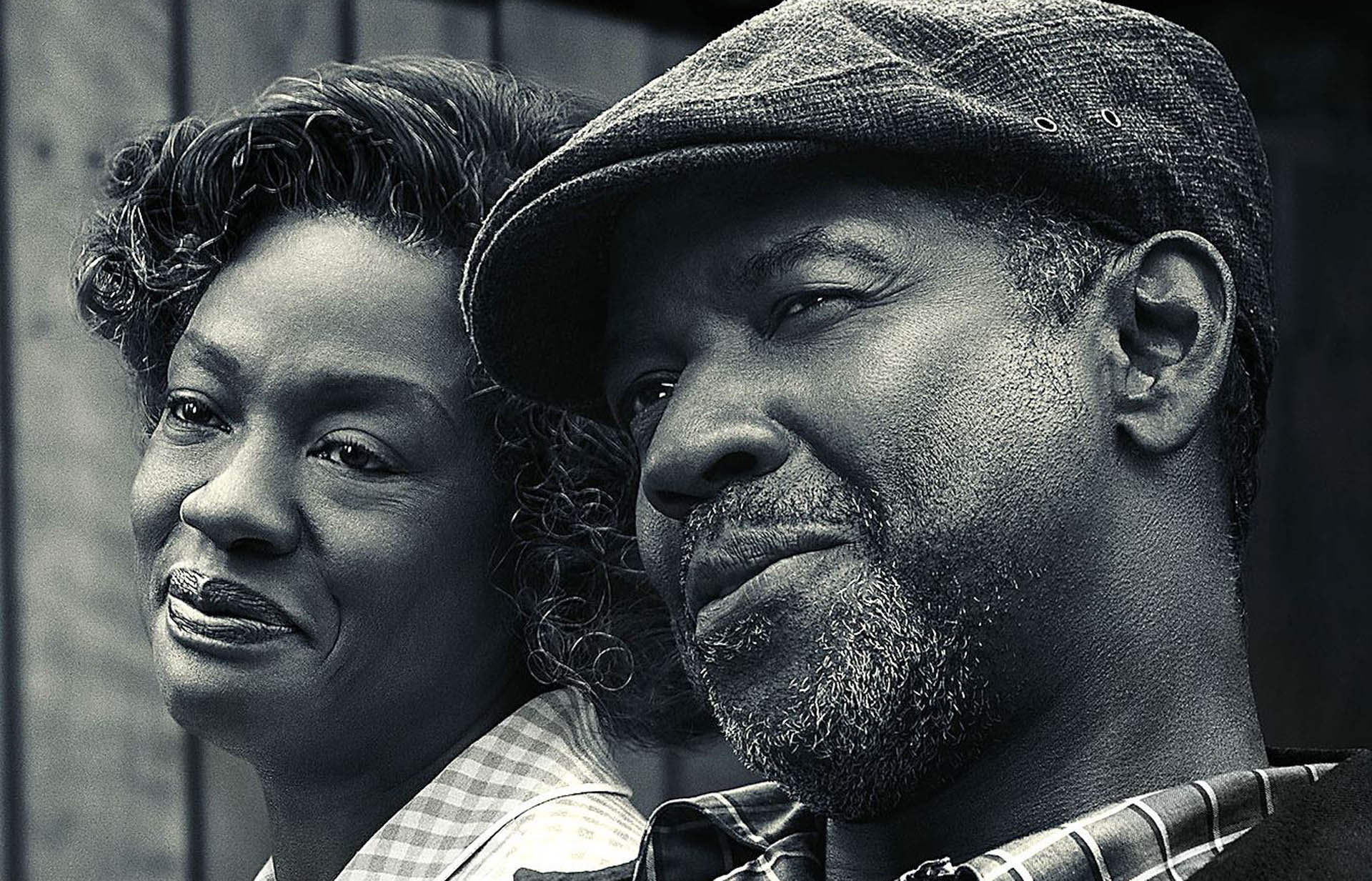Fences, an adaptation of August Wilson’s award-winning play of the same name, is a dramatic tale of environmental pressures, regret, and core family values. Directed by Denzel Washington, who also stars in the film as lead character Troy Maxson, Fences brilliantly showcases the raw power of dialogue and family dynamics.
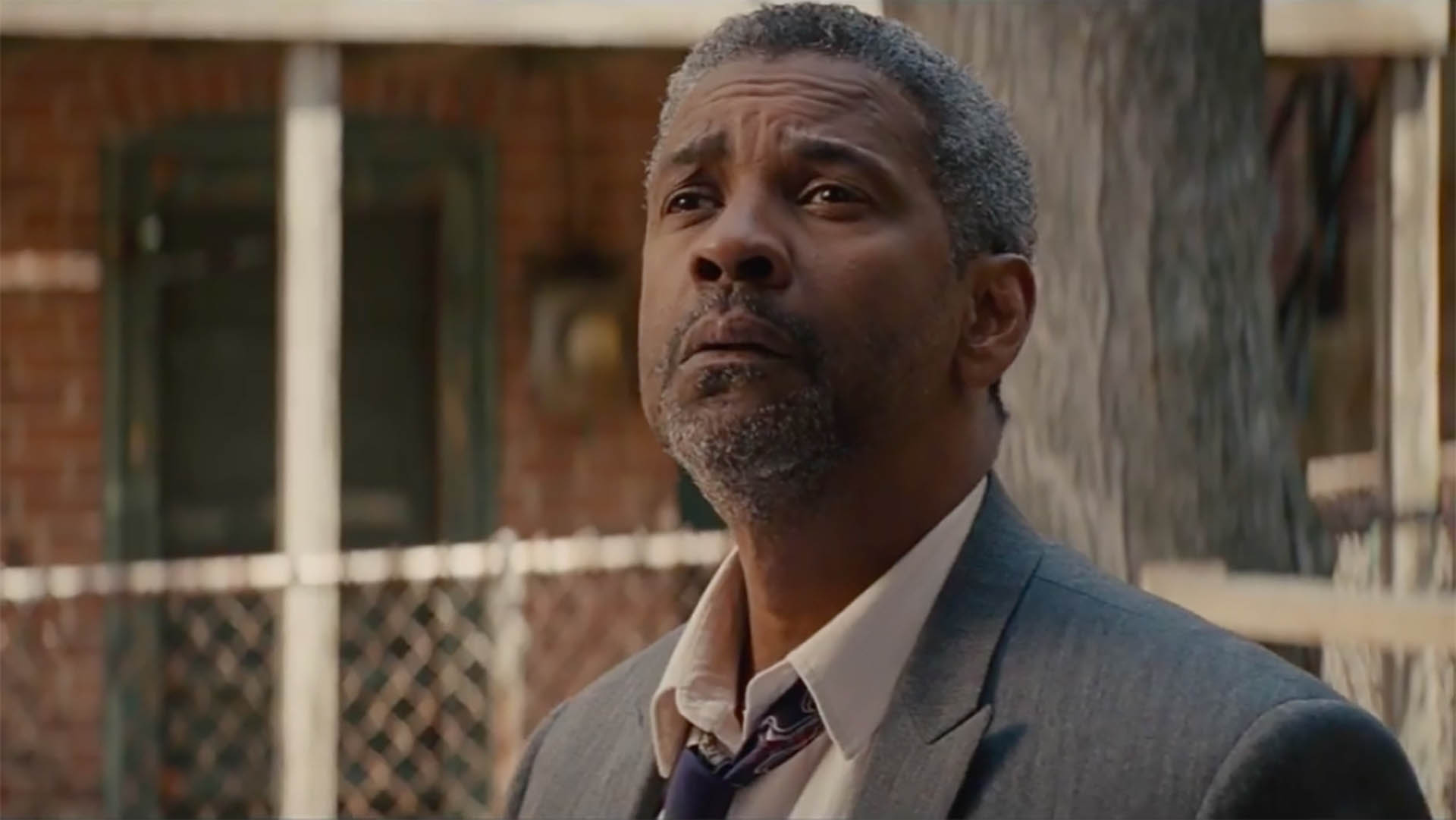
Much like a stage play, the film is broken into several acts, each with their own unique characteristics, which build and add to the film’s overall narrative. Opening with the first act, we are introduced to garbage collector, Troy Maxson, and the world in which he lives. At first, we are lulled into a sense of comfort and warmth as we follow Troy home after a long week of hauling garbage. We smile with him as he engages in general chit chat with his colleague and best friend, Bono (Stephen Henderson); laugh with them both as they perch themselves in Troy’s backyard, crack open a bottle of gin and continue their titillating banter; and feel a true sense of love and belonging as we are introduced to Troy’s doting wife of 18 years, Rose (Viola Davis), who joins the men in their chatter, illustrating her deep understanding and acceptance of her husband.
The entire scene is played out in a way, which captures the ideal family life in 1950s America. While this initial opening act lacks in action and largely focuses on dialogue, which is single-handedly delivered by Troy, it lays the groundwork for the film’s darker and more dramatic story to unfold.
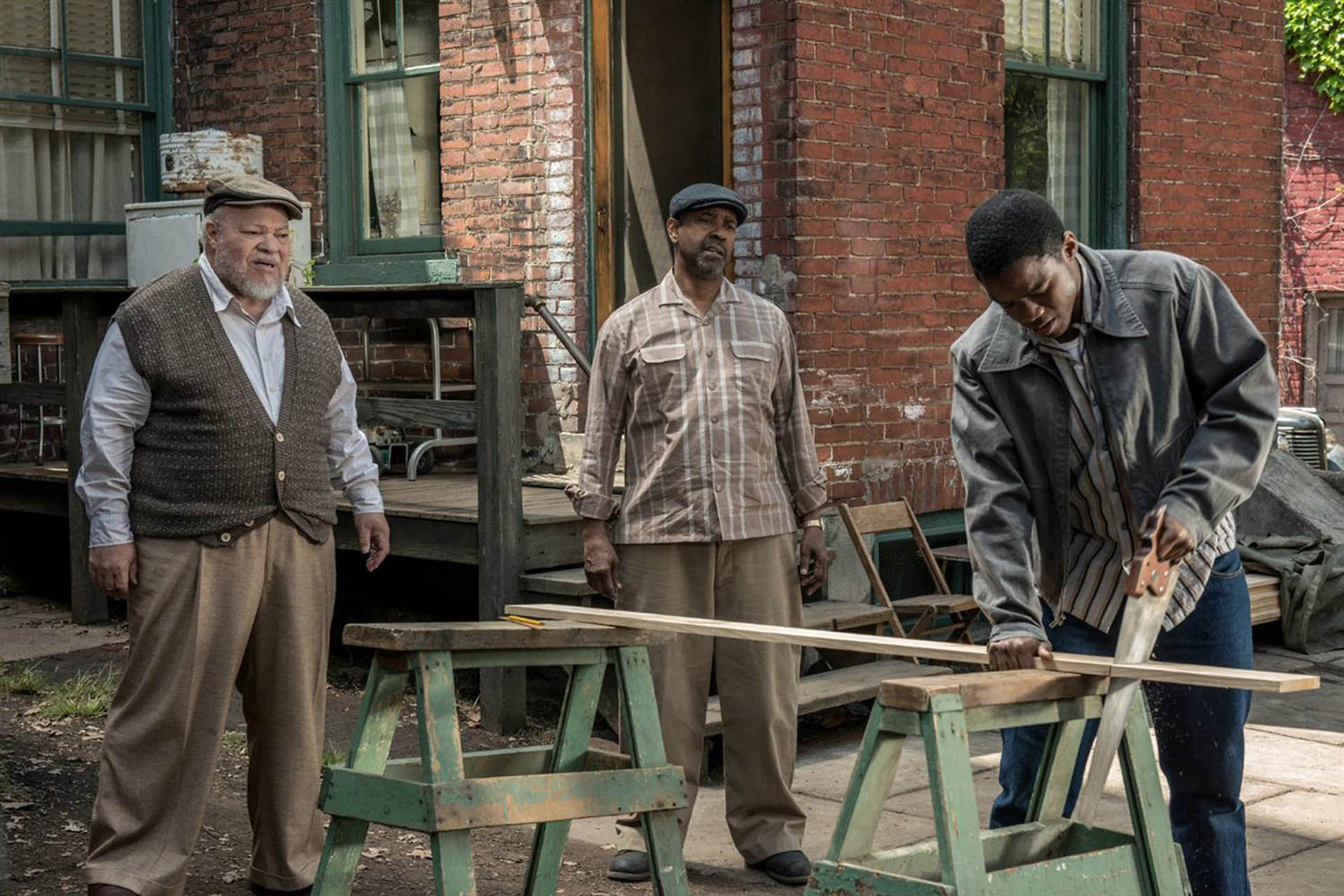
Our understanding of each character stems largely from the interaction they have with one another and their profound dialogue. We learn fairly quickly of Troy’s background and motivations. Fifty-something year old Troy comes across as a man fairly content with his life, despite suffering from setbacks and disappointments along the way. However, he is quick to illustrate to us that this is not the case and that what we see is actually a facade. Deeply held within him and what shapes his reality is his bruised ego and disappointment of having missed out on a chance to become a pro baseball player, primarily due to racial segregation in his youth and being too old to play when teams began to accept coloured players.
As subsequent acts of the film unfold, our view of Troy as the hard-working husband and father, who undoubtedly loves his wife, begins to wither. Cracks unfold in the almost perfect image of family life that the film initially portrayed as Troy, believing that his circumstances dictate the way the world works, takes his frustrations out on his son, Cory (Jovan Adepo), preventing him from accepting a scholarship to play football.
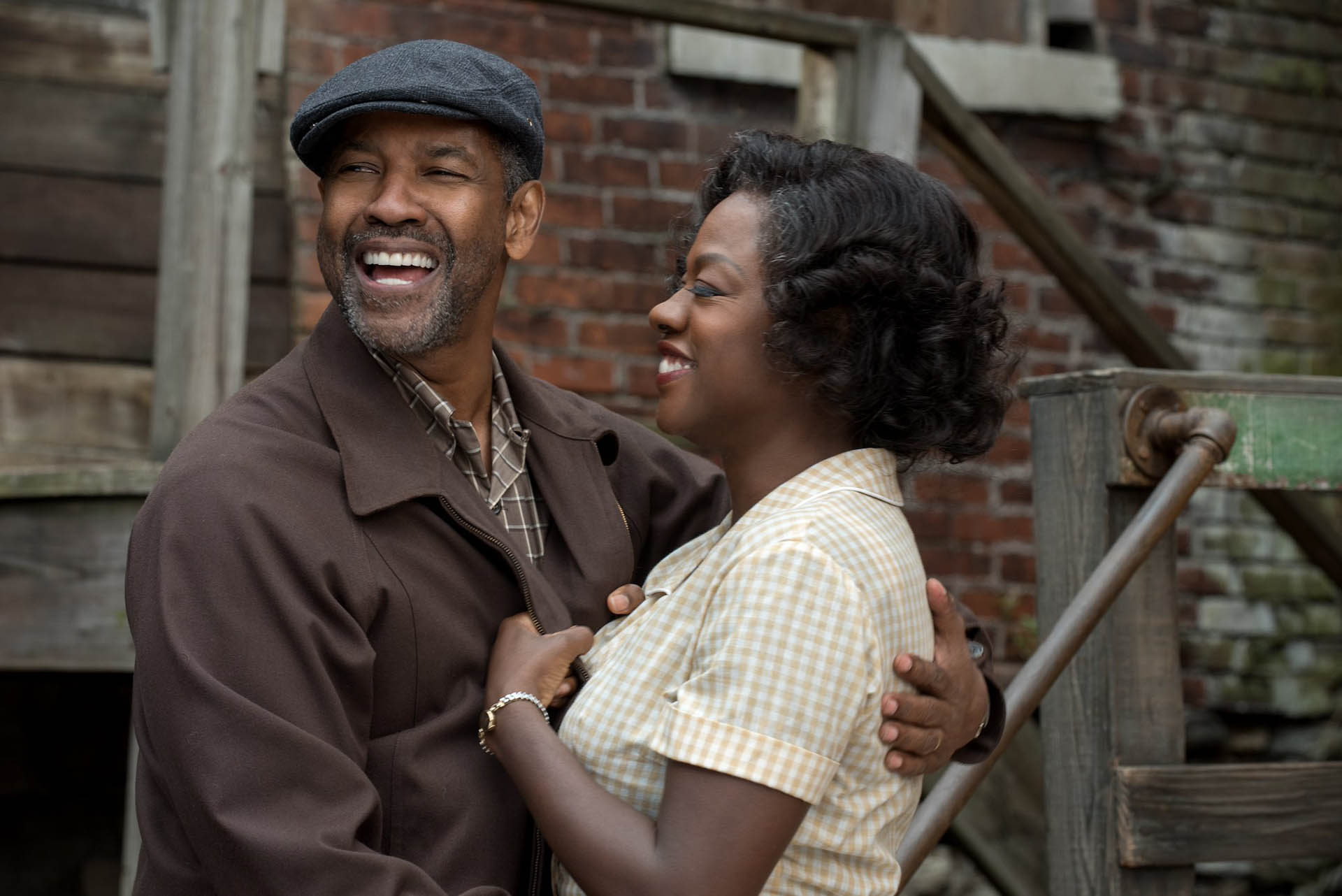
The film carries on this slow pace of breaking Troy down to his very core, as a man who struggles to move on from his disappointments and who, despite his best efforts to be a good husband, father and provider, loses his way and gives in to temptations. What we believed to be great love and respect for his wife, Rose, turns to betrayal; his protectiveness over his son, becomes more about jealousy and the belief that children owe their lives to their parents. Our view of Troy truly dissipates by the end of the film.
As a film, Fences astounds in providing us with a compelling story that truly captures what it means to be an individual and the need to compromise, share and perhaps even change one’s dreams upon choosing to commit to another person. In a roundabout way, Fences deals with matters of marriage and family, illustrating to us Troy’s downfall upon choosing his selfish desires over his family. Inevitably, the film poses the ultimate question of “what about my life and my desires?” as it brilliantly changes our viewpoint from being one of Troy’s life to that of Rose’s. In such a subtle way, the film reminds us of the sacrifices a partner makes to support the dreams of the other, which one could certainly argue, does not have to be the way.
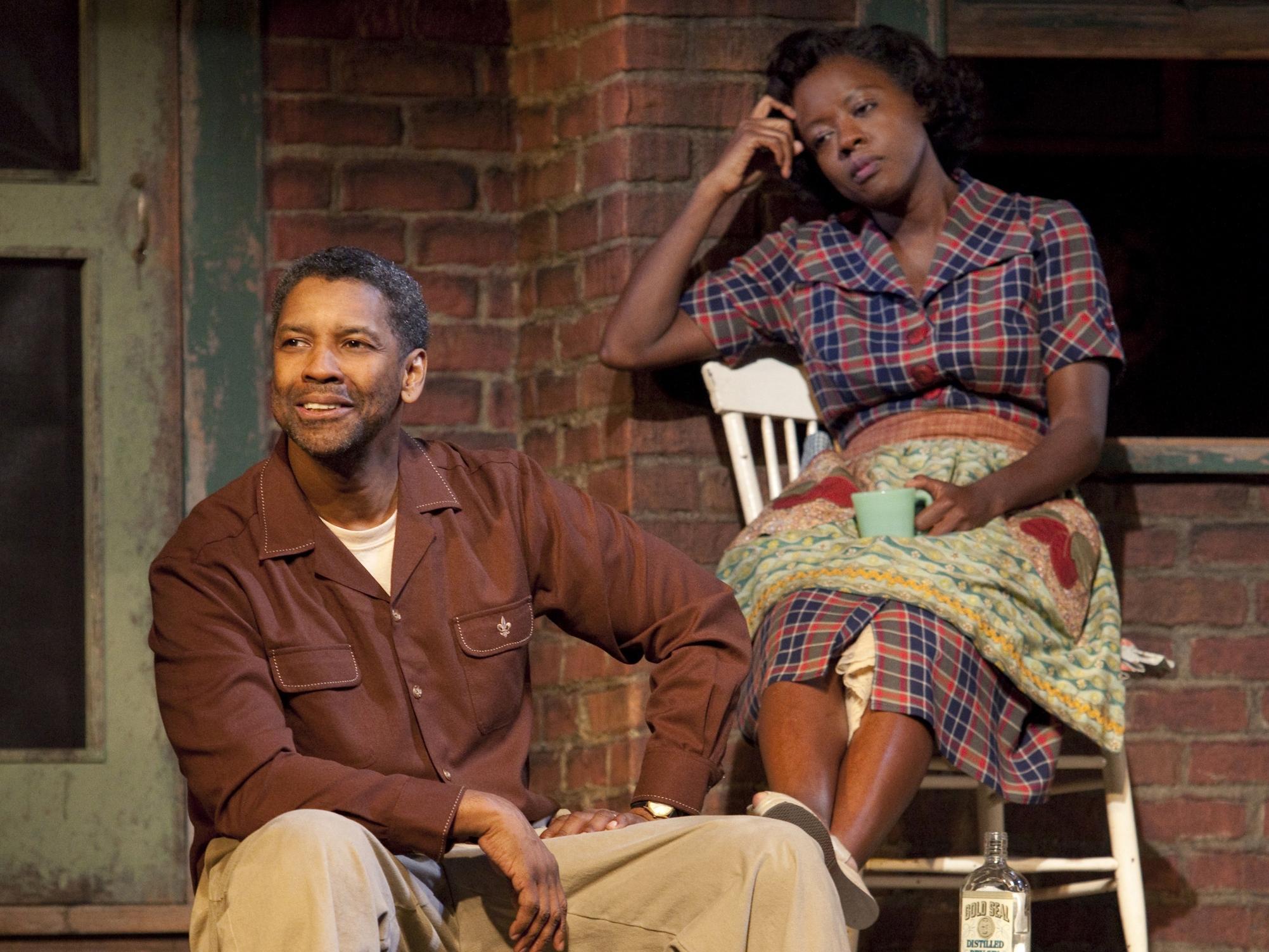
Both Washington and Davis provide one of the best performances in a drama in their portrayal of Troy and Rose, respectively. Washington’s drawl and profound dialogue about loss and regret is almost poetic in form, while Rose’s kind openness, capacity to love and her generosity to those with whom she certainly is not beholden to is heartwarming and touching, making us feel all the more for her predicament.
As an adaptation of a play, Fences’ slow pace, with a narrative told predominantly by character dialogue, may not be a film for all, especially those who have become accustomed to modernised action and overly dramatic performances. However, its uniqueness and ability to make us feel a kinship with each character draws us in and entertains, providing emotional responses in ways that only a select few films have managed to do in the past. With a story so simple yet profound and intense performances by the entire cast, Fences is a film that is certainly worth a watch.
*For more pop culture and anime rantings and reviews, check out my blog, The Vanguard.
Year: 2017
Rating: M15+
Running Time: 139 MIN
Genre: Drama
Director: Denzel Washington
Starring: Denzel Washington, Viola Davis, Stephen Henderson, Jovan Adepo, Russell Hornsby, Mykelti Williamson, Saniyya Sidney
Production Studio: Bron Creative, Macro Media, Scott Rudin Productions
Distributor: Paramount Pictures

